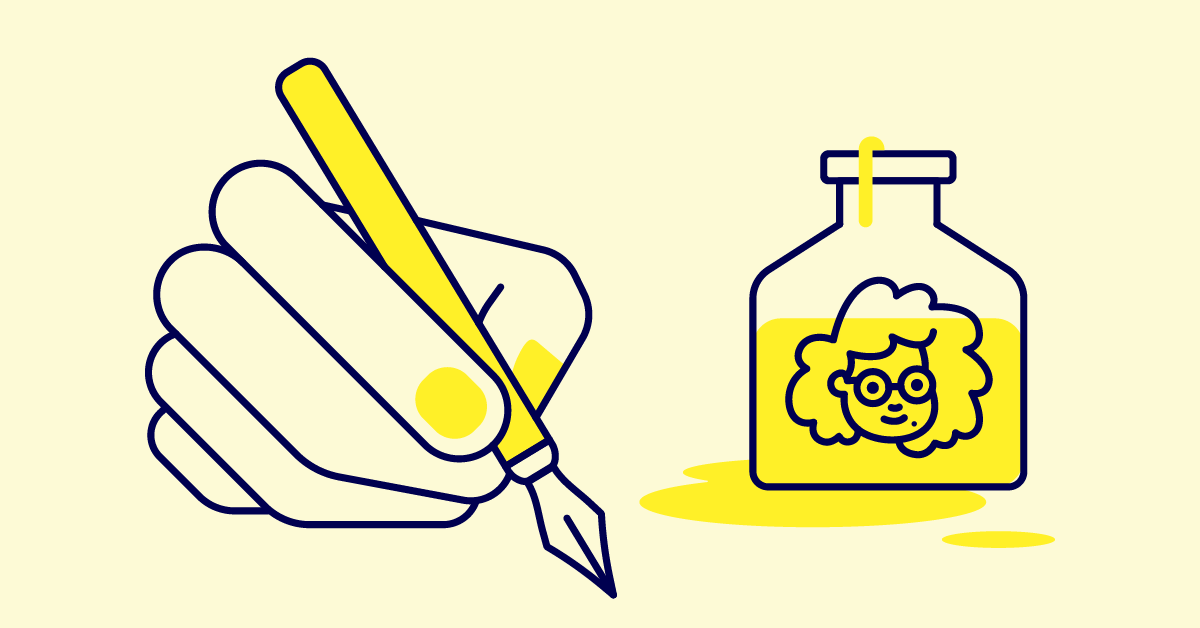The time before Christmas starts after the summer vacation. New goals are set and start to fade after a week or two. That is when all the recovered energy is burnt, and everyone is back at too little time to relax and too much autopilot. Research shows that many people spend close to 50% of their time in autopilot mode. This mode is far less helpful than one might expect. People in autopilot mode tend to critically reflect on what went wrong during a past interaction or worry about how to avoid mistakes during future events, which is rarely the source of happiness.
Being in this mode is neither efficient nor helpful to regulate daily stress. What is beneficial is becoming more mindful of the moment by stepping out of this subconscious loop of endless repetition and experience the impact this action has on your well-being.
All conscious actions require being present such as planning the day, making conscious decisions about what is really needed, achieving goals, and feeling happy.
What skills can be learned to recover from stressful events and grow more resilient?
You can start by taking one conscious step at a time and train one of the following four recovery skills.
#1: Actively relax
The skill to actively relax can be trained. This active approach requires the will to learn, apply and trust in the right stress regulating tools. Everyone has more or less consciously chosen individual stress regulation tools available including physical activity, meeting friends or taking some time to rest. However, when stress is spiking for example before Christmas this might not be effective enough. Planning and training is part of good stress and time management while increasing your resilience. This may include more potent tools of active relaxation including pandiculation and breathing exercises or autogenic training and progressive muscle relaxation.
#2: Self-care
Start by asking yourself: What do I need right now?
Continue by observing the own natural physical rhythm to understand when focus or rest is needed. Awareness is a versatile tool because it fits in everyday activities like walking, eating, or washing hands. Also journaling, writing a diary, or planning your week by consciously blocking the calendar is having a lasting effect on your well-being. Activities which focus on letting go of criticism and negativity, like guided meditation or self-compassion practice will evoke feelings of happiness and acceptance. Self-care routines fit in 30 minutes, 5 minutes or one minute by implementing them in natural breaks, lunch breaks, in morning or evening routines, in weekends or holidays. Whenever you make time the skill to stay in control of your own well-being will be trained.
#3: Open communication
The requirement for unlocking and training this skill is an environment of trust and psychological safety. Highly stressful situations are not ideal to start but when it is needed most. Training open communication should be a team effort but can be started by any team member ideally the team lead. Clear responsibilities and role definitions, as well as constructive feedback are well known already. An employee can start by using mindful listening while being authentic and honest. This way they can recognize boundaries, feel encouraged to set them as well or feel safe to request help, admit mistakes and insecurity. Being aware of each other's boundaries and vulnerabilities can provide the opportunity to balance and match complementing skills within the team or distributing tasks more evenly. Open bottom-up communication on the other hand supports a realistic and healthy growth, which gives time to recruit and transform. Work life is easier when we feel safe, heard, and valued. Hardships are less stressful when we feel in control. We are human nevertheless, which includes struggling with emotions and stress on a regular basis. This is possible by accepting the responsibility to manage oneself by being inclusive, open, and interested, by sharing, exchanging, and learning every day and by letting go and accepting when it is too much. Being human also includes a mindful exchange with our social environment. Open communication is a wonderful way of building trust and connect to what unites us.
#4: Commitment
The skill to commit fully to the time and the task without re-prioritizing, might sound restrictive and less flexible at first. However, being committed to the time planned in your calendar and using this time as intended, can have a massive effect on your well-being at work. Switching tasks or multitasking costs a lot of energy. Although it is not healthy it seems unavoidable when replacing colleagues or supporting the employer during fast growth periods. These situations often require extra hours and filling more than one role. In the long run this inhibits realistic planning and an effective workflow, destabilizes most employees and creates an unpredictable thus stressful working environment. Start by checking and blocking your calendar mindfully on a regular basis. This will help to be more committed to your time, task and yourself.
You can find help with all of these or even more individually tailored tools and approaches together with an auntie professional choosing Auntie’s “Stressed Out” or “Leading Me”- package as well as the leadership packages “Born to Lead”, “Leading with a Meaning” and “Dream Team in Process”.
Writer:

Heide Nuutinen
I encourage my clients to find their own voice, increase their self-esteem and clarify their goals. While my passion is to support them to enfold their true potential, the approach I am using is very individualistic, client centered and solution focused. Their well-being and happiness are of highest priority to me.





